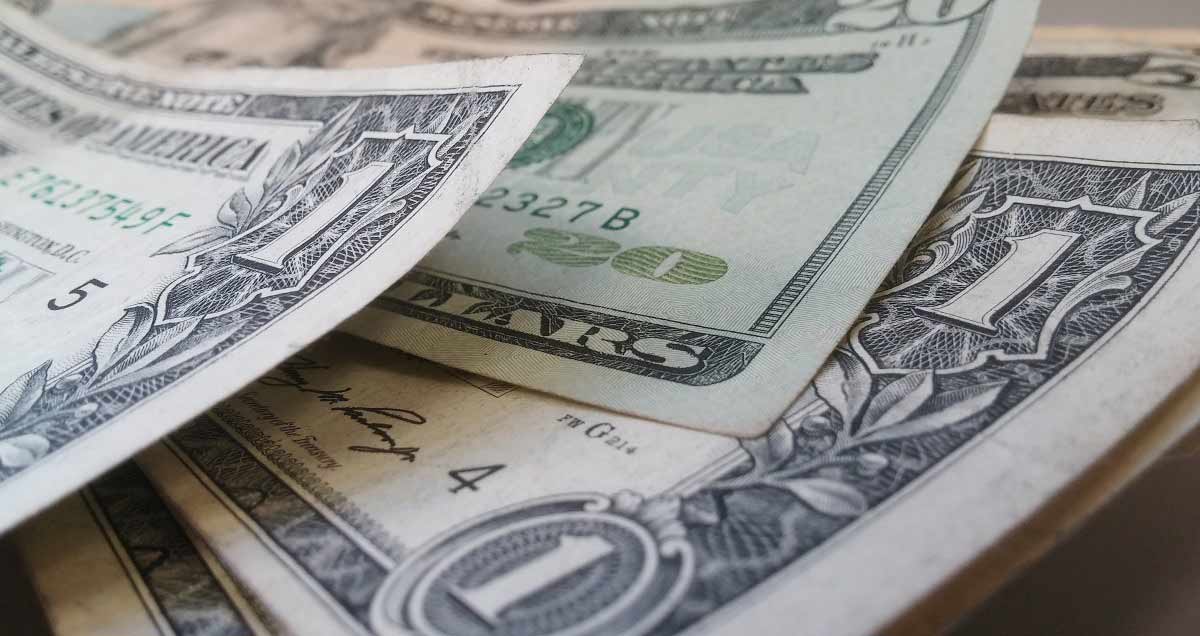Finance trivia questions are a scope to enhance learning. You can solve these finance trivia questions and share them with your friends or colleagues. This Finance trivia question is smart enough to use in any online exam or test to pick the best candidate in finance with basic knowledge. This finance trivia questions and answers set is prepared from reliable online sources and from the questions bank of several exams or job portals. Finance trivia questions are awesome to prove your credibility and expertise.
The term “finance” refers to the administration of financial resources, which encompasses undertakings like budgeting, forecasting, borrowing, lending, and investing. Finance may be divided into three categories: personal, business, and public/government. What is finance? will be explained in this tutorial. Using examples of the activities it contains is the simplest approach to describe finance. There are several employment options and positions that carry out a variety of financial tasks. Here are some of the most typical instances: putting personal funds into insured investment certificates, bonds, or stocks (GICs), a public firm borrowing money by issuing bonds to institutional investors, lending them money by giving them a mortgage to purchase a home with, creating a budget and financial model for a company using Excel spreadsheets maintaining high-interest savings account for personal funds, and making a projection for governmental expenditure and tax revenue.
People in the financial sector are interested in a broad range of issues. Here is a list of some of the subjects that are most frequently discussed in the field.
- Rates of interest and spreads
- Yield (coupon payments, dividends) (coupon payments, dividends)
- Financial records (balance sheet, income statement, cash flow statement)
- Money flow (free cash flow, other types of cash flow)
- Profit (net income) (net income)
- Capital costs (WACC)
- Return percentages (IRR, ROI, ROA)
- Capital returns and dividends
- Shareholders
- Adding value
- Return and risk
- Financial behavior
Finance Careers
Without including the professions connected to the field, a definition of finance would fall short. Some of the most common job pathways are listed below:
- Commercial banking
- Personal banking (or private banking)
- Investment banking
- Money management
- Corporate finance
- Lending and mortgages
- Financial planning
- Treasury
- Accounting
- Insurance
- Audit
- Equity research
Finance multiple-choice trivia questions
005-Finance Trivia Questions (30)
The study and system of money, investments, and other financial tools are together referred to as finance. Public finance, corporate finance, and personal finance are the three main divisions of finance. Social finance and behavioral finance are more recent subcategories of finance. Finance and financial activities have a long history that extends back to the beginning of civilization. As early as 3000 BC, banks and interest-bearing loans already existed. As early as 1000 BC, coins were in use. Finance has origins in the sciences, including statistics, economics, and mathematics, but it also incorporates non-scientific components that make it more akin to an art.
The term “finance” refers to issues including the development, management, and study of money and investments. It entails employing future revenue flows to finance present initiatives through the use of credit and debt, securities, and investment. Finance is strongly tied to the time value of money, interest rates, and other related issues because of its temporal component.
Typically, “finance” is divided into three major categories: Taxation systems, government spending, budgeting practices, stabilization tools and policies, debt problems, and other governmental difficulties are all considered to be a part of public finance. Managing a company’s assets, liabilities, revenues, and debts is part of corporate finance. Personal finance is the term used to describe all financial choices and actions made by a person or family, such as saving for a down payment on a home, budgeting, purchasing insurance, and preparing for retirement.
With the contributions of authors like Harry Markowitz, William F. Sharpe, Fischer Black, and Myron Scholes, to mention just a few, the study of finance as a theory and practice study apart from the subject of economics emerged in the 1940s and 1950s. Some aspects of finance, such as banking, lending, and investing, as well as money itself, have existed in some capacity ever since the birth of civilization.
The Babylonian Code of Hammurabi codified the early Sumerian people’s financial dealings (circa 1800 BC). This set of guidelines controlled financing, employment of agricultural labor, and land ownership or leasing. Sure, loans existed in those days, and yes, interest was imposed on them; rates vary depending on whether you were borrowing grain or silver.
Cowrie shells were used as currency in China around 1200 BC. In the first millennium BC, coins were initially used as currency. Around 564 BC, King Croesus of Lydia (today’s Turkey) was among the first to mint and distribute gold coins, giving rise to the phrase “wealthy as Croesus.”
As priests or other temple employees were seen as the most trustworthy, pious, and secure to preserve valuables, coins were kept in the basement of temples in ancient Rome. Temples served as the financial hubs of significant cities and made loans as well.
The first trade, which took place in Antwerp in 1531, is credited to Belgium. The East India Corporation became the first publicly traded company in the 16th century by issuing shares and paying dividends on the revenues of its voyages. The New York Stock Exchange was founded fewer than 20 years after the London Stock Exchange in 1773.
The first bond is known to have existed as early as 2400 B.C. when grain-guaranteed financial obligations were written down on a stone tablet. Governments first started issuing bonds to pay for military operations throughout the Middle Ages. The Bank of England was established in the 17th century to provide funding for the British Navy. The United States likewise started issuing Treasury bonds to aid in the Revolutionary War.

Other Recommended Quizzes
- Solar System Quiz – Test Your Knowledge Base
- 200 Random Trivia Quiz – A General Knowledge Test
- 50 NASA Trivia Questions Quiz Only for Brilliants
- The invention of All Ages Trivia Questions Answers
- The invention of All Ages Easy Trivia Quiz for All
- 50 Christmas Movie Trivia Quiz for Film Lovers
- 100 Evergreen Astronomy Trivia Questions
- 50 All-Time Trivia Questions on Roman Goddess
- 50 Greek God Trivia Questions and Answers
- 200 Random General Knowledge Trivia Quiz
- 30 Marvel Movie Quiz Questions for True Fans
More Recommended Quizzes
- Solar System Quiz – Test Your Knowledge Base
- 200 Random Trivia Quiz – A General Knowledge Test
- 50 NASA Trivia Questions Quiz Only for Brilliants
- The invention of All Ages Trivia Questions Answers
- The invention of All Ages Easy Trivia Quiz for All
- 50 Christmas Movie Trivia Quiz for Film Lovers
- 100 Evergreen Astronomy Trivia Questions
- 50 All Time Trivia Questions on Roman Goddess
- 50 Greek God Trivia Questions and Answers
- 200 Random General Knowledge Trivia Quiz
- 30 Marvel Movie Quiz Questions for True Fans
- 200+ Christmas Trivia Quiz Questions Answers
- 25 Italian Basic Trivia Questions One Must Know
- 30 General Knowledge Trivia Question for All
- 50 Disney Trivia for Kids – Adventure for Brave
- General Knowledge Quiz Trivia Random
- The invention of All Ages Trivia Quiz Question
- General Knowledge Trivia Question
- Ancient Civilization Quiz Trivia Questions
- Invention Trivia Questions for Beginners
- 200 Random Trivia Questions Answers Quiz Test
- Periodic Table Trivia Easy Questions and Answers

